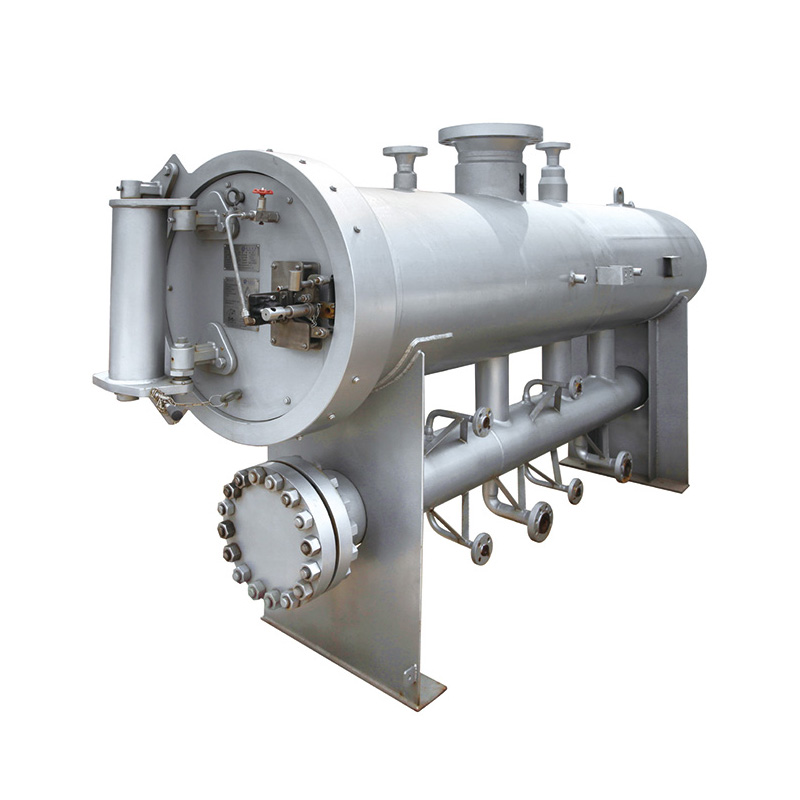
Nov . 04, 2024 21:50
Back to list
gas filter
The Importance of Gas Filters in Modern Technology
Gas filters play a crucial role in multiple industries, ranging from environmental monitoring to industrial processes. With the increasing concerns over air quality and pollution, gas filtration technology has become paramount for both public health and compliance with environmental regulations. This article delves into the significance of gas filters, their types, applications, and the evolving technologies in this field.
What are Gas Filters?
Gas filters are devices designed to remove harmful pollutants and particulates from gas streams. They work by employing various filtration mechanisms, such as adsorption, absorption, and catalytic conversion. These filters are vital in ensuring that the gases released into the atmosphere are free from contaminants that could adversely affect human health and the environment.
Types of Gas Filters
There are several types of gas filters, each designed for specific applications
1. Activated Carbon Filters These filters are widely used for removing volatile organic compounds (VOCs) and odors from gases. Activated carbon offers a high surface area, enabling it to effectively adsorb a wide range of pollutants.
2. HEPA Filters High-Efficiency Particulate Air (HEPA) filters are primarily used in cleanrooms and laboratories to remove airborne particles. Though they are more common in solid particle filtration, they play a role in gas filtration when combined with other systems.
3. Chemical Filters These filters employ chemical reactions to convert harmful gases into benign substances. For instance, they can neutralize acid gases or capture ammonia, making them vital for industries like sewage treatment and chemical manufacturing.
4. Membrane Filters Utilizing semi-permeable membranes, these filters separate gas mixtures based on molecular sizes and diffusion rates. They are widely used in natural gas processing to separate methane from other gases.
5. Catalytic Converters Commonly used in the automotive industry, catalytic converters transform toxic gases (like carbon monoxide and nitrogen oxides) into less harmful emissions, significantly reducing the environmental impact of vehicles.
gas filter

Applications of Gas Filters
Gas filters have a broad range of applications across various sectors
- Environmental Protection Many industries are required to comply with strict air quality regulations. Gas filters help reduce emissions from factories, landfills, and power plants, ensuring compliance with environmental standards. Additionally, they are essential in mitigating the effects of industrial pollution in urban settings.
- Health and Safety In workplaces where workers are exposed to toxic gases, gas filters ensure a safe working environment. For instance, chemical plants and laboratories use gas filtration systems to protect workers from harmful fumes.
- Food and Beverage Industry Gas filters help maintain product quality by removing impurities and gases that could spoil food or beverages. Additionally, they are crucial in maintaining sterile conditions in processing areas.
- Automobiles In the automotive industry, gas filters, particularly catalytic converters, are instrumental in minimizing vehicle emissions, contributing to less polluted urban environments.
Innovations in Gas Filtration Technology
As environmental concerns escalate, the demand for advanced gas filtration technologies is on the rise. Researchers are exploring novel materials like nanomaterials and advanced composites to enhance the efficiency of gas filters. Additionally, smart filtration systems integrated with sensors can monitor air quality in real-time, allowing for timely action when pollutant levels exceed safe thresholds.
Moreover, the development of self-cleaning filters and filters with longer service lives reduces maintenance costs and environmental waste.
Conclusion
Gas filters are indispensable in today’s industrial landscape. From safeguarding human health to protecting the environment, their relevance is only set to grow as the world grapples with the challenges posed by pollution and climate change. Continuous innovation in gas filtration technology will play a pivotal role in shaping a cleaner, safer, and more sustainable future.
Next:
Latest news
-
Safety Valve Spring-Loaded Design Overpressure ProtectionNewsJul.25,2025
-
Precision Voltage Regulator AC5 Accuracy Grade PerformanceNewsJul.25,2025
-
Natural Gas Pressure Regulating Skid Industrial Pipeline ApplicationsNewsJul.25,2025
-
Natural Gas Filter Stainless Steel Mesh Element DesignNewsJul.25,2025
-
Gas Pressure Regulator Valve Direct-Acting Spring-Loaded DesignNewsJul.25,2025
-
Decompression Equipment Multi-Stage Heat Exchange System DesignNewsJul.25,2025

